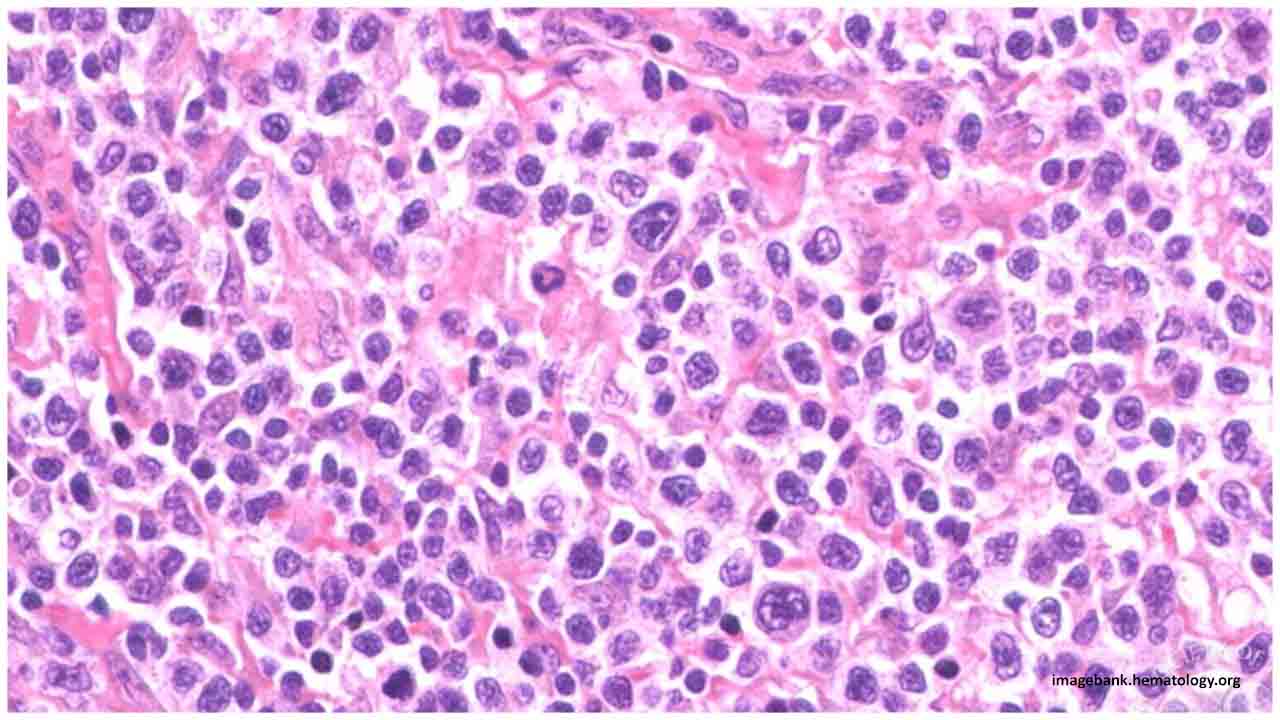Solasia Pharma K.K. , a specialty pharmaceutical company based in Asia, recently announced the positive results from the pivotal Phase 2 study with SP-02 (a new anti-cancer drug, international generic name: darinaparsin, hereinafter “darinaparsin”) for relapsed or refractory peripheral T-cell lymphoma (hereinafter “PTCL”) in Asia.
The primary endpoint (antitumor effect) was achieved.
No new safety concerns were identified in the safety analysis.
This study was conducted as the final registration trial for the indication of relapsed or refractory PTCL. Solasia begins preparing for the NDA Filing.
Darinaparsin is a novel mitochondrial targeting drug (organic arsenic compound) that has been developed for the treatment of various hematological cancers and solid cancers. This study was conducted as a multinational, multicentre, single-arm, open-label, non-randomized study to evaluate the efficacy and safety of darinaparsin monotherapy in relapsed or refractory patients with PTCL in Japan, South Korea, Taiwan and Hong Kong.
Solasia holds an exclusive worldwide license to develop and commercialize darinaparsin. For Japan market, Solasia has already entered into an exclusive license agreement with Meiji Seika Pharma Co., Ltd., for the commercialization of darinaparsin, and for Latin America, with HB Human BioScience SAS. Based on these positive results, Solasia will actively seek licensing partners for the United States, Europe and other regions.
About darinaparsin (SP-02)
Darinaparsin is a novel mitochondrial-targeted agent (organoarsenic) being developed for the treatment of various hematologic and solid cancers. In a US Phase 2 study, darinaparsin demonstrated evidence of clinical activity in lymphoma, in particular PTCL. Furthermore, the Phase 1 study done in US, and the Pan-Asian Phase 1 study both demonstrated positive efficacy and safety. Darinaparsin has been granted orphan drug designation in US and EU.
About peripheral T-cell lymphoma (PTCL)
Malignant lymphoma is a general term to describe tumors that have developed from lymphocytes, mainly in the immune tissue (lymph nodes). A variety of clinical pathological characterizations present in malignant lymphoma. Malignant lymphoma is classified as Hodgkin Lymphoma (HL) and Non-Hodgkin’s Lymphoma (NHL). NHL mainly consists of B-cell lymphoma and T-cell lymphoma. It is reported that relatively higher incidence of T-cell lymphoma rather than B-cell lymphoma in Japan and Asia. PTCL is a major subtype of T-cell lymphoma with a high incidence rate. Although there is no standard treatment established to treat PTCL, CHOP therapy is widely used as front line treatment. However, there is a large need for more effective and safer therapies as the clinical efficacy of CHOP to treat PTCL is limited. In addition, there are no standard salvage therapies for PTCL, and new, breakthrough therapies are needed.

 This study was conducted as the final registration trial for the indication of relapsed or refractory PTCL
This study was conducted as the final registration trial for the indication of relapsed or refractory PTCL 








.png)
.png)










.jpeg)

.jpeg)










.jpg)




.jpg)

